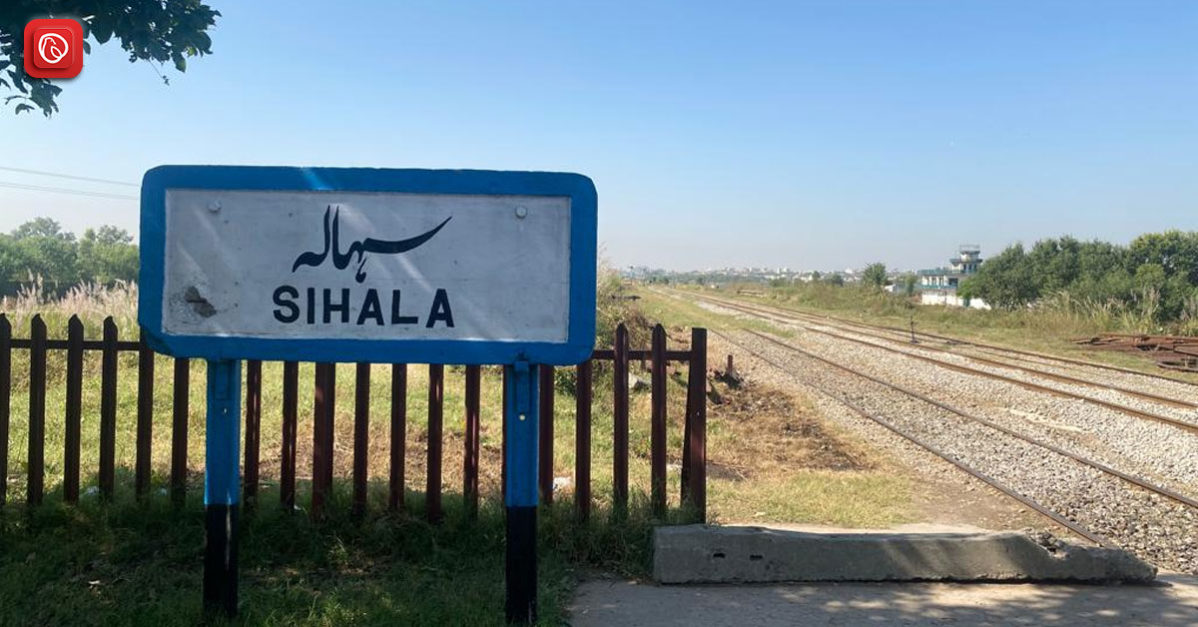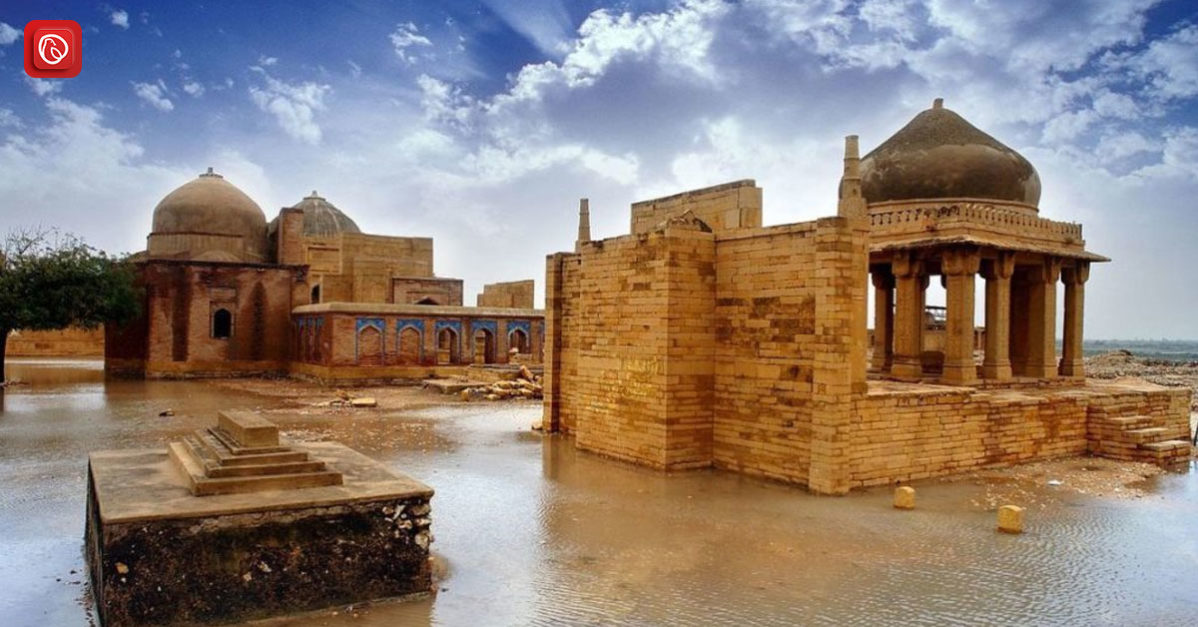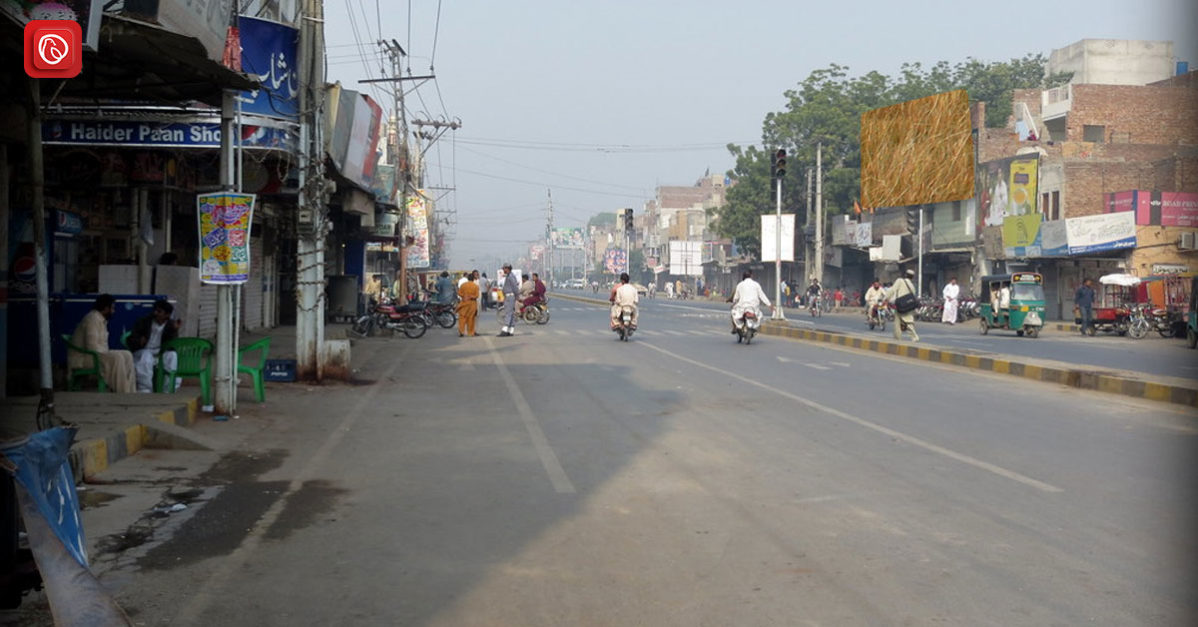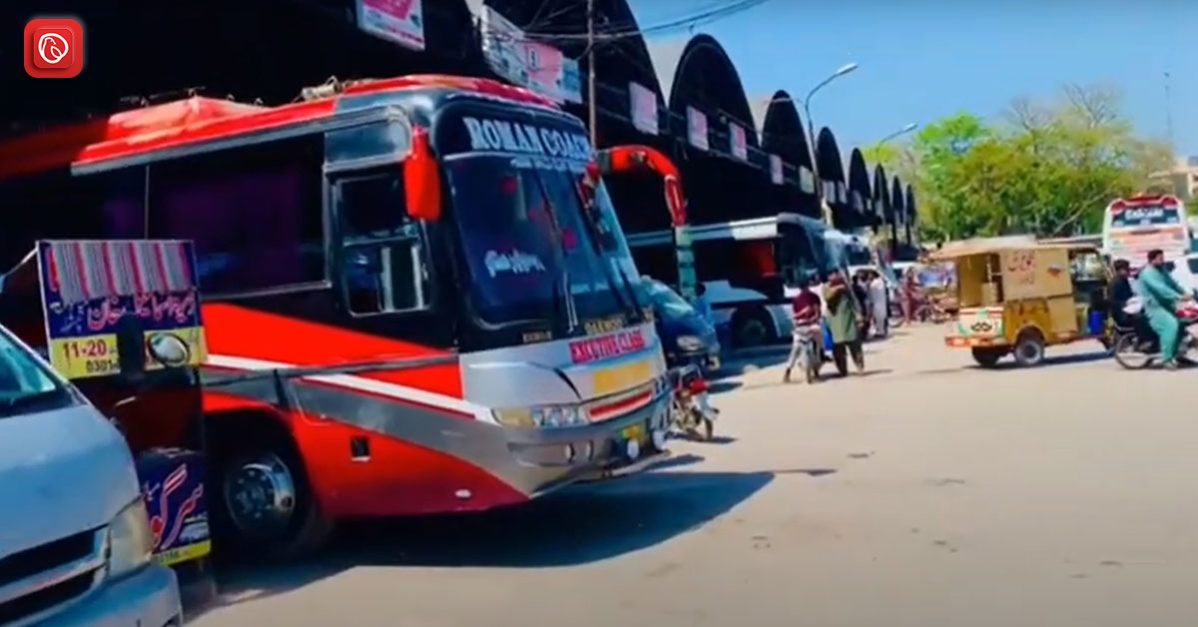Sihala, a town and union council located in the Islamabad Capital Territory, is an essential part of the region’s socio-economic and cultural landscape. With a population of just over 25,000, Sihala is a vibrant and rapidly developing area that balances its traditional roots with modern growth.
This blog by graana.com delves into the history, demographics, infrastructure, education, healthcare, economy, and cultural aspects of Sihala, offering a detailed and comprehensive overview of this significant town.
Historical Background
Sihala’s history is deeply intertwined with the broader history of the Islamabad Capital Territory. Historically, it was a small village that gradually expanded into a town. The development of Islamabad as the capital of Pakistan in the 1960s catalyzed the growth of surrounding areas, including Sihala. Furthermore, the establishment of key institutions and infrastructural projects in the vicinity further accelerated its development.
Strategic Importance
Sihala’s strategic importance is underscored by its location near the capital city of Islamabad. It serves as a crucial link between Islamabad and other regions, particularly the areas in the south of the capital territory. It is located adjacent to DHA 2 Rawalpindi. This strategic positioning has made Sihala a focal point for various government and private sector initiatives.
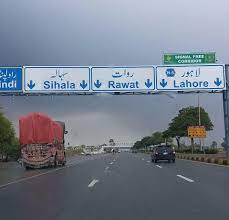
Demographics
Let’s learn about the demographics of this part of the region.
Population Composition
Sihala’s population of over 25,000 is a diverse mix of people from various ethnic and cultural backgrounds. The town has seen a steady influx of people due to its proximity to Islamabad and the availability of housing and employment opportunities. Moreover, the population comprises local inhabitants as well as individuals from other parts of Pakistan who have moved here for better prospects.
Socio-Economic Profile
The socio-economic profile of Sihala’s residents is varied. The town has a mix of middle-class families, government employees, and workers from various industries. Economic activities in and around Sihala provide employment opportunities and contribute to the overall socio-economic development of the area.
Infrastructure
Explore the infrastructure of the city.
Transportation
Sihala is well-connected to Islamabad and other parts of the country through an extensive road network. The town is situated along the Islamabad Highway, one of the main arteries linking Islamabad with Rawalpindi and other regions. Public transport services, including buses and vans, operate frequently, ensuring easy access to and from Sihala. It is located 21 Km from Kahuta on Kahuta Sihala Road.
Road Network
- Islamabad Highway: This major road provides direct access to Islamabad and Rawalpindi.
- Local Roads: Well-maintained local roads facilitate intra-town travel and connectivity to neighboring areas.
Housing and Residential Areas
Sihala offers a variety of residential options, ranging from traditional houses to modern housing schemes. The residential areas are equipped with basic amenities and services, making them attractive to families and individuals seeking affordable and convenient living options near Islamabad.
Notable Housing Schemes
- Sihala Valley: A modern housing development offering residential plots, houses, and essential amenities.
- Pakistan Town: A nearby residential area that provides various housing options and modern facilities.
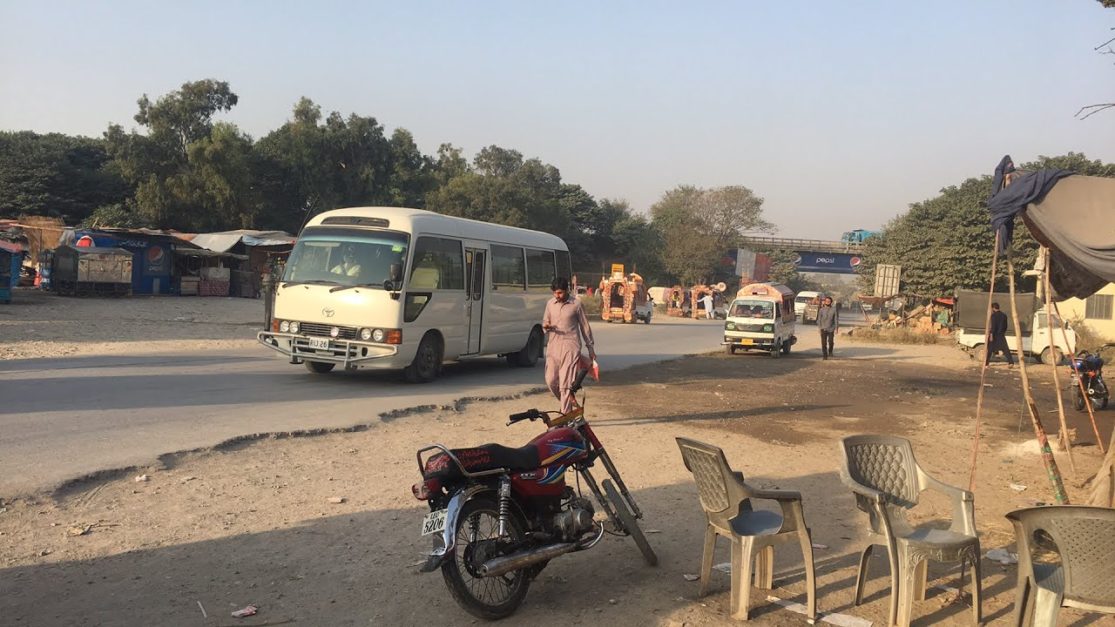
Utilities and Services
Sihala is equipped with essential utilities and services, including electricity, water supply, and sanitation. Efforts by local authorities ensure the maintenance and improvement of these services to meet the growing needs of the population. Some of the Key Utilities include:
- Electricity: Reliable power supply managed by the Islamabad Electric Supply Company (IESCO).
- Water Supply: Adequate water supply managed by the local administration.
- Sanitation: Waste management and sanitation services provided by municipal authorities.
Education
Schools and Colleges
Education is a priority in Sihala, with several schools and colleges providing quality education to the residents. These institutions range from public to private schools, catering to the educational needs of children and young adults.
Prominent Educational Institutions
- Sihala Model School: A well-known public school offering primary and secondary education.
- Sihala College: A local college providing higher secondary education and various degree programs.
- Private Schools: Numerous private schools offer modern education with a focus on academic excellence and extracurricular activities.
Higher Education and Training Institutes
In addition to schools and colleges, Sihala is home to specialized training institutes that provide vocational training and higher education opportunities.
Notable Institutes
- National Police Academy: A premier training institution for police officers from across Pakistan.
- Federal Government Educational Institutions (FGEI): Schools and colleges managed by the federal government offering quality education to the children of government employees.
Hospitals and Clinics
Healthcare facilities in Sihala include hospitals, clinics, and health centers that provide medical services to the residents. These facilities range from public health centers to private clinics, ensuring access to quality healthcare.
Major Healthcare Facilities
- Sihala Health Center: A public health facility providing primary healthcare services.
- Private Clinics: Numerous private clinics offering specialized medical services.
- Nearby Hospitals: Proximity to major hospitals in Islamabad, such as PIMS (Pakistan Institute of Medical Sciences) and Poly Clinic, ensures access to advanced medical care.
The healthcare facilities in Sihala offer a range of medical services, including general medicine, pediatrics, gynecology, and emergency care. Regular health camps and vaccination drives are organized to ensure the well-being of the residents.
Economic Activities
Sihala’s economy is diverse, with various sectors contributing to its growth. The proximity to Islamabad provides employment opportunities in government and private sectors, while local businesses and industries contribute significantly to the economy.
Key Economic Sectors
- Agriculture: Traditional agricultural practices remain a significant source of livelihood for many residents.
- Retail and Services: Numerous shops, markets, and service providers cater to the daily needs of the population.
- Industry: Small-scale industries and manufacturing units operate in and around Sihala, providing employment and contributing to the local economy.
Employment Opportunities
Employment opportunities in Sihala are diverse, ranging from government jobs to positions in the private sector. The presence of educational and training institutions also contributes to skill development and employment.
Major Employers
- Government Departments: Various government offices and institutions provide employment to a significant portion of the population.
- Private Companies: Businesses in retail, services, and manufacturing sectors offer numerous job opportunities.
- Educational Institutions: Schools, colleges, and training institutes employ a considerable number of teaching and administrative staff.
Cultural Heritage
Sihala has a rich cultural heritage that reflects the traditions and customs of the region. The town’s cultural life is marked by various festivals, events, and community activities that bring residents together and foster a sense of community.
Festivals and Celebrations
- Eid Celebrations: Eid al-Fitr and Eid al-Adha are celebrated with great enthusiasm, marked by communal prayers, feasts, and festivities.
- Independence Day: August 14th is celebrated with patriotic fervor, featuring flag hoisting ceremonies, parades, and cultural performances.
- Local Festivals: Traditional festivals and fairs are held, showcasing local crafts, music, and dance.
Community Life
Community life in Sihala is vibrant and inclusive. The residents actively participate in social and cultural activities, creating a strong sense of belonging and community spirit.
Social Organizations
- Community Centers: Various community centers provide a platform for social gatherings, cultural events, and recreational activities.
- Youth Clubs: Youth clubs and sports organizations promote physical activity, teamwork, and leadership among young people.
- NGOs: Non-governmental organizations work towards the social and economic development of the community, focusing on education, healthcare, and women’s empowerment.
Urbanization and Development
As Sihala continues to grow, it faces challenges related to urbanization and development. Ensuring sustainable growth while preserving the town’s cultural heritage and natural environment is a key concern.
Key Challenges
- Infrastructure Development: Meeting the infrastructure needs of a growing population, including roads, utilities, and public services.
- Environmental Conservation: Balancing development with the need to protect the environment and natural resources.
- Social Equity: Ensuring that the benefits of development are equitably distributed among all segments of the population.
Future Prospects
The future prospects of Sihala are promising, with several development projects and initiatives underway. These efforts aim to enhance the quality of life for residents and promote sustainable growth.
Development Initiatives
- Infrastructure Projects: Upgrading roads, utilities, and public facilities to meet the needs of a growing population.
- Economic Development: Promoting local businesses, industries, and employment opportunities to boost the economy.
- Education and Healthcare: Enhancing educational and healthcare facilities to improve the overall well-being of the community.
Conclusion
Sihala, with its rich history, strategic location, and vibrant community life, is a key suburb of Islamabad that offers a unique blend of traditional charm and modern amenities. As it continues to grow and develop, Sihala faces both challenges and opportunities that will shape its future.
Moreover, the town’s commitment to sustainable development, combined with the active participation of its residents, promises a bright future for this important part of the Islamabad Capital Territory. Furthermore, whether it’s the serene residential areas, the bustling markets, or the cultural vibrancy, Sihala is a testament to the dynamic and evolving nature of Pakistan’s urban landscape.
If you want to know more about Rawat, visit the Graana blog.
